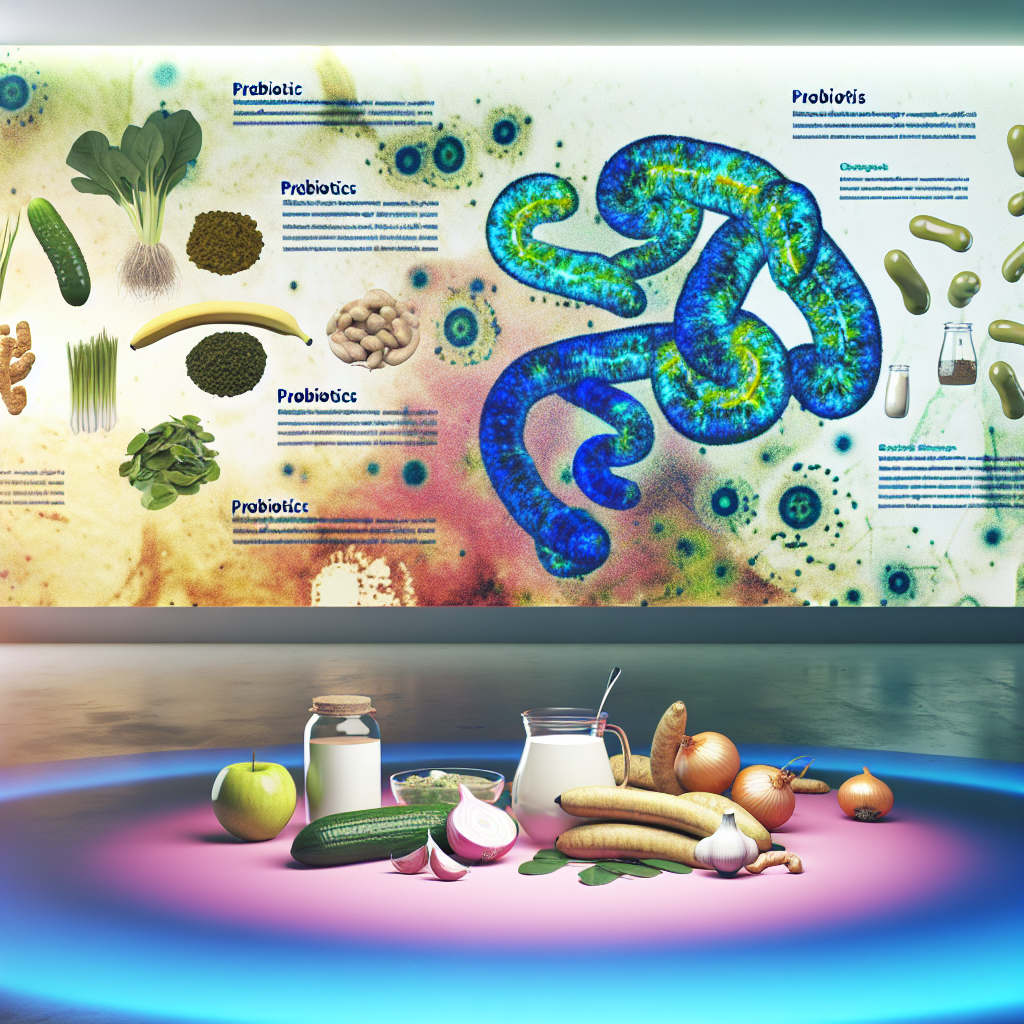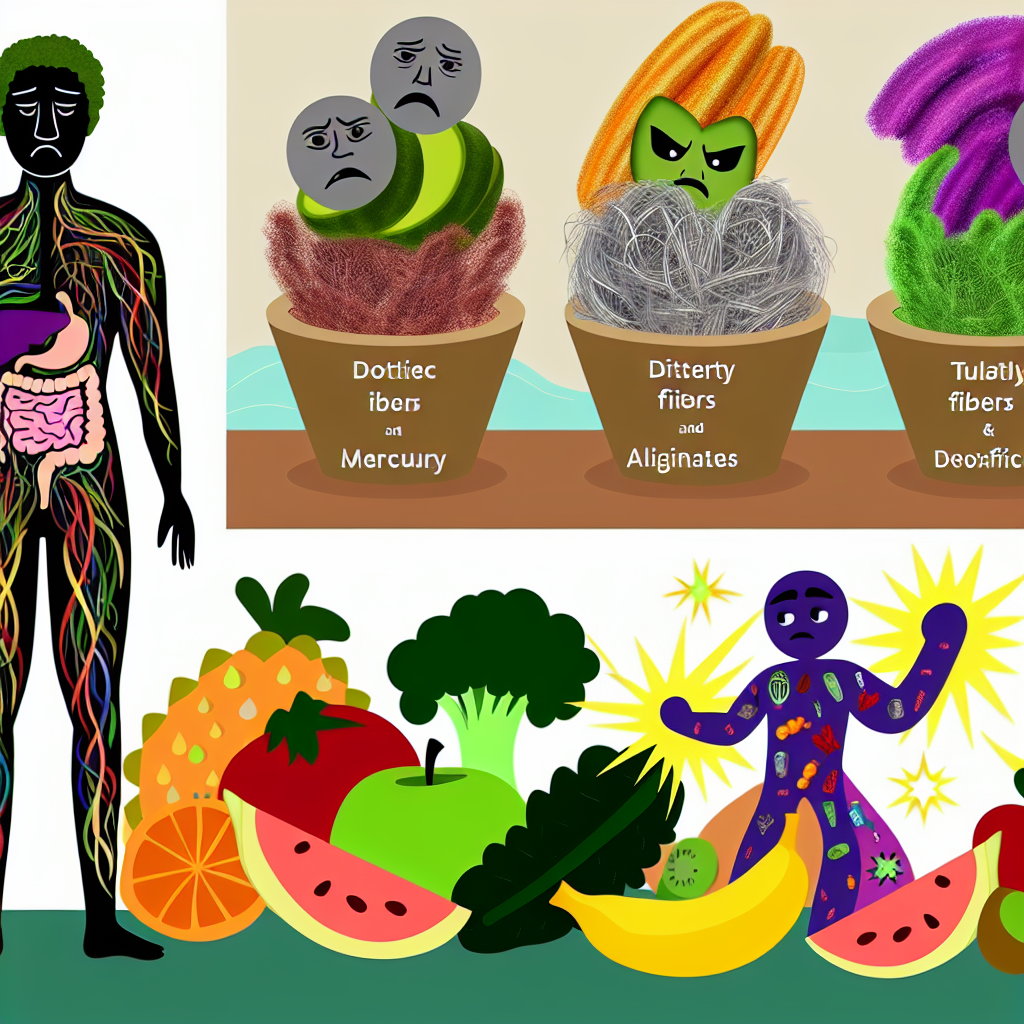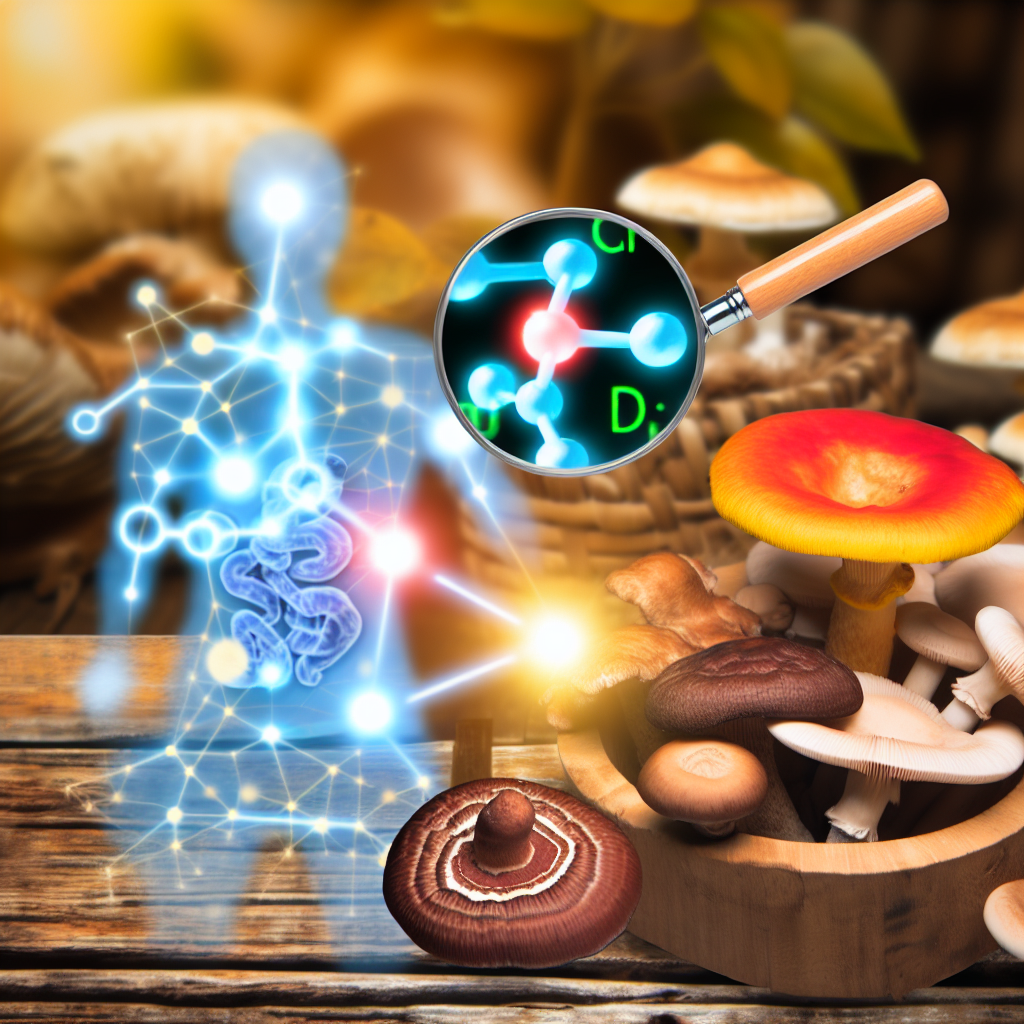# **Prebiotic-Probiotic Synergy: Latest Research for Optimal Gut Health**
Introduction: The Power of Gut Health
Gut health has become a focal point of modern healthcare, with growing evidence linking it to digestive function, immune support, mental health, and chronic disease prevention. At the forefront of this research is the dynamic relationship between probiotics and prebiotics—two essential components that work synergistically to promote a balanced gut microbiome.
Probiotics are live bacteria that confer health benefits when consumed in adequate amounts. Common strains include *Lactobacillus* and *Bifidobacterium*, both of which help balance gut flora, improve digestion, and support immune function. However, these beneficial bacteria require nourishment to thrive, which is where prebiotics come in.
Prebiotics are fiber-rich, non-digestible food compounds that stimulate the growth of beneficial gut bacteria. Found in foods like bananas, garlic, onions, and chicory root, prebiotics serve as a food source for probiotics, enhancing their survival, colonization, and benefits within the gut microbiome.
The concept of prebiotic-probiotic synergy refers to the strategic combination of probiotics and prebiotics to maximize their health benefits. Recent scientific studies suggest that pairing these components—often referred to as synbiotics—may significantly improve gut health, reduce inflammation, and enhance the body’s resistance to common gastrointestinal and metabolic disorders.
As research advances, healthcare professionals are recognizing that simply taking probiotics may not be enough. Probiotics must survive the acidic environment of the stomach and effectively colonize the intestines to provide meaningful benefits. When combined with prebiotics, probiotics may experience enhanced survivability and functionality.
This article explores the latest studies on prebiotic-probiotic synergy and how this combination can optimize gut health naturally. Whether you’re looking to support digestion, boost immunity, or mitigate gut-related disorders, understanding the role of synbiotics can offer a practical, research-backed approach to maintaining a healthy microbiome.
Scientific Studies on Prebiotic-Probiotic Synergy
Emerging research underscores the benefits of combining prebiotics and probiotics for superior gut health. Several recent studies have examined this relationship and provided scientific backing for the effectiveness of synbiotics in improving digestion and boosting overall well-being.
1. How Synbiotics Enhance Gut Microbiota Composition
A 2021 study published in *Nutrients* investigated the effects of synbiotics on gut microbiota composition. The randomized controlled trial found that participants who consumed a combination of Bifidobacterium probiotics and prebiotic fibers experienced an increase in beneficial gut bacteria, such as *Bifidobacteria* and *Lactobacilli*, along with a reduction in harmful bacteria like *Clostridium perfringens* ([Markowiak & Śliżewska, 2021](https://doi.org/10.3390/nu13030935)).
This study reinforces the idea that prebiotics enhance probiotic colonization, ensuring longer-lasting effects and a healthier gut microbiome.
2. Improving Digestion and Strengthening Immunity with Synbiotics
A 2022 clinical trial in *Frontiers in Nutrition* examined the role of synbiotics in managing digestive disorders, including irritable bowel syndrome (IBS). Researchers found that patients who consumed synbiotics containing inulin (a known prebiotic) and *Lactobacillus rhamnosus* experienced:
✅ Improved stool regularity
✅ Reduced bloating
✅ Alleviation of IBS symptoms, compared to those receiving probiotics alone ([Slavin, 2022](https://doi.org/10.3389/fnut.2022.800240)).
Beyond digestion, synbiotics have been shown to modulate immune function. A 2020 study published in *Microorganisms* found that specific synbiotic combinations boosted the production of short-chain fatty acids (SCFAs)—vital compounds that:
✔️ Support gut integrity
✔️ Reduce systemic inflammation
✔️ Enhance immune responses, protecting against pathogens ([Gibson et al., 2020](https://doi.org/10.3390/microorganisms8111749)).
These findings highlight how prebiotic and probiotic synergy aids digestion while strengthening the immune system.
3. Can Synbiotics Support Metabolic Health and Weight Management?
The benefits of synbiotics extend beyond digestion. A 2023 study from *The American Journal of Clinical Nutrition* explored synbiotics’ role in metabolic health and weight management. In the study, participants who consumed a synbiotic containing:
🦠 Bifidobacterium breve (a beneficial probiotic)
🌱 Oligofructose (a powerful prebiotic)
…showed reductions in body weight, improved insulin sensitivity, and lower levels of inflammation compared to those who took a placebo or probiotics alone ([Cani et al., 2023](https://doi.org/10.1093/ajcn/nqac297)).
The results suggest that synbiotics positively impact energy metabolism, reduce obesity-related inflammation, and support long-term metabolic health.
Conclusion: Why You Should Include Synbiotics in Your Daily Routine
Ongoing research in gut health continues to demonstrate that the combination of prebiotics and probiotics—known as synbiotics—provides:
✔️ Enhanced gut microbiota support
✔️ Improved digestive function
✔️ Stronger immune defenses
✔️ Better metabolic health
From reducing IBS symptoms to strengthening immunity and aiding weight management, the synergy between prebiotics and probiotics optimizes microbial balance for long-term well-being.
Rather than relying solely on probiotics, incorporating prebiotic-rich foods or supplements enhances their effectiveness and sustains gut health. As synbiotic formulations become more widely available, individuals can take a proactive approach to gut wellness with this scientifically backed strategy.
By prioritizing a balance of prebiotics and probiotics, you can cultivate a healthier gut microbiome, reduce digestive discomfort, and support overall well-being. As research advances, the role of synbiotics will likely expand, offering new natural solutions for gut health maintenance and disease prevention.
Summary:
Emerging research highlights the benefits of combining prebiotics and probiotics, known as synbiotics, for optimal gut health. Synbiotics have been shown to enhance gut microbiota composition, improve digestion, strengthen immunity, and support metabolic health. By incorporating a balance of prebiotics and probiotics, individuals can cultivate a healthier gut microbiome and support overall well-being.
References:
– [Markowiak, P., & Śliżewska, K. (2021). Effects of probiotics, prebiotics, and synbiotics on human health. *Nutrients*, 13(3), 935.](https://doi.org/10.3390/nu13030935)
– [Slavin, J. L. (2022). Fiber and prebiotics: Mechanisms and health benefits. *Frontiers in Nutrition*, 9(221).](https://doi.org/10.3389/fnut.2022.800240)
– [Gibson, G. R., Hutkins, R., Sanders, M. E., Prescott, S. L., et al. (2020). The International Scientific Association for Probiotics and Prebiotics (ISAPP) consensus statement on the definition and scope of synbiotics. *Microorganisms*, 8(11), 1749.](https://doi.org/10.3390/microorganisms8111749)
– [Cani, P. D., Everard, A., & Delzenne, N. M. (2023). Gut microbiota, metabolic disorders, and obesity: Advances in prebiotic and probiotic therapies. *The American Journal of Clinical Nutrition*, 117(1), 12-25.](https://doi.org/10.1093/ajcn/nqac297)

Dominic E. is a passionate filmmaker navigating the exciting intersection of art and science. By day, he delves into the complexities of the human body as a full-time medical writer, meticulously translating intricate medical concepts into accessible and engaging narratives. By night, he explores the boundless realm of cinematic storytelling, crafting narratives that evoke emotion and challenge perspectives.
Film Student and Full-time Medical Writer for ContentVendor.com



